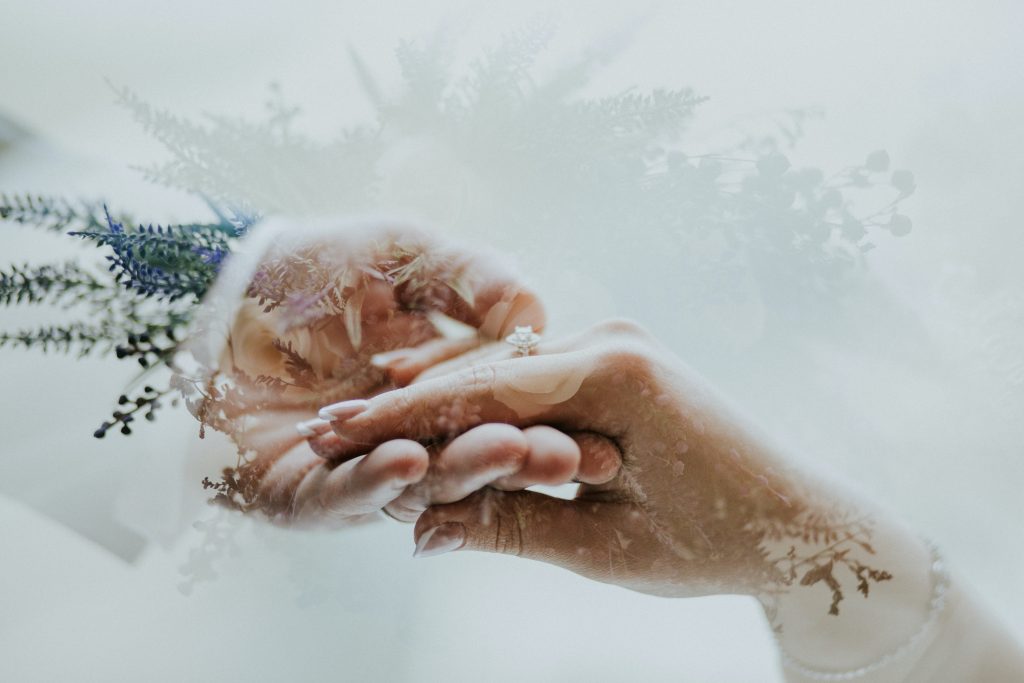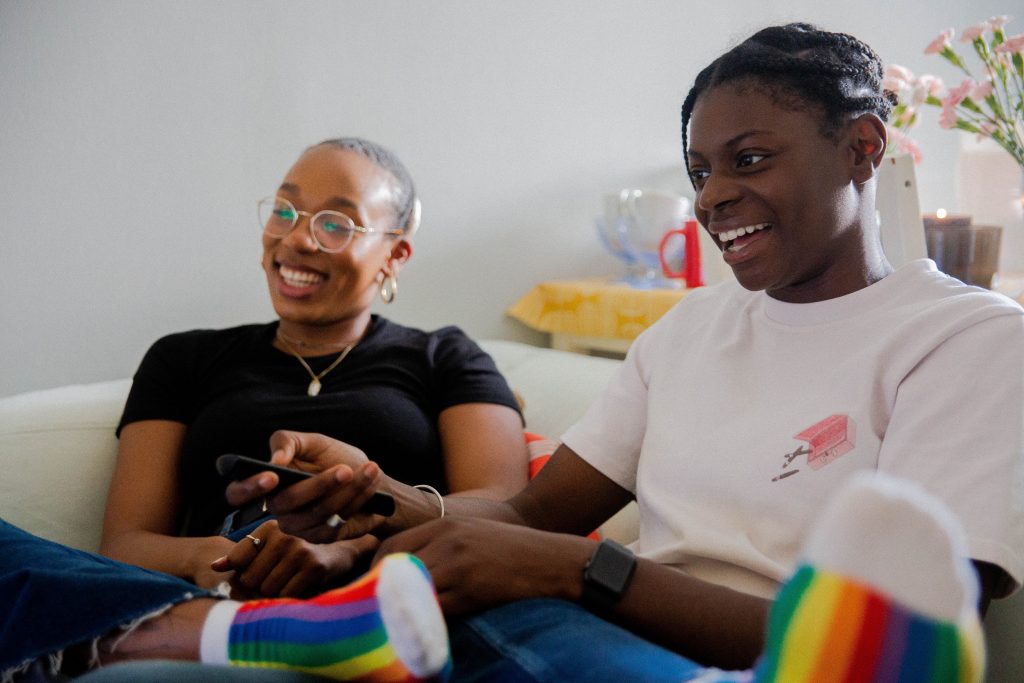What’s in a Marriage?” The Psychology of Marriage Equality
Marriage equality not only combats prejudice and discrimination but also fosters acceptance

May 10, 2023
Until a few years ago, even dictionaries defined marriage as a legally recognised, formal union of a woman and a man which makes them husband and wife. This definition has since been updated to include people of alternate sexualities. The political status that argues for conferring the same legal right to couples irrespective of their gender or sexual orientation is termed marriage equality. Marriage equality is based on the premise of making the choice of marriage available to all. A look at the psychological underpinning of the issue is noteworthy.
Discrimination against sexual minorities is a multifaceted reality. It is not only present in obvious domains like housing, employment, adoption, bullying, harassment and hate crimes etc., it is also there in more insidious instances like couples not getting access to joint bank accounts, issues related to wills, refusal of hospitals to recognise the partner as next of kin and bereaved partners not getting anything from the occupational pension. These instances of discrimination not only create public stigma but also foster feelings of rejection, shame, and low self-esteem in queer individuals, causing significant harm and disparities in health.
The historical stigma, prejudice, and denial of rights to people of alternate sexualities have also manifested in the denial of marriage equality to them. The lack of access to an institution as socially important as marriage devalues the status of LGBTQ relationships.
Moreover, cohabitating same-sex couples report poorer health as compared to married heterosexual couples. Among others, the lack of shared marital resources like access to spousal health insurance has been shown to be a major reason behind it. Naturally, queer adults living in states without marriage equality are more likely to report symptoms of depression, anxiety, and alcohol use disorder. They are also less likely to have health insurance and more likely to delay or forgo medical care.

Marriage is a deeply ingrained institution in societies which entails various psychosocial repercussions. It not only serves as a framework for publicly expressing, affirming, and celebrating love for one’s partner but also offers globally understood validation of long-term formal commitment, heightened feelings of security, relational legitimacy, belonging and validation.
Declaring their love for each other in front of family and friends can be very empowering for individuals whose love is not seen as valid by society. Being able to formally profess love can significantly enhance the emotional stability, self-esteem and relationship satisfaction of same-sex couples.
An important hindrance towards a positive homosexual identity is the lack of social acceptance. As a formal mechanism for including partners in families and possibly starting families together, marriage also increases the likelihood of forging new friendships and mending ties with family. The families of origin have been known to become more accepting of relationships after marriage. These social networks are crucial for easing loneliness, overcoming prejudice, and improving wellbeing. Marriage equality also helps in countering prejudice and discrimination against the children of same-sex spouses.
With more acceptance, internalised homophobia, and minority stress which are known to exacerbate psychological discomfort in LGBTQ+ people, would also decline. In nations like the Netherlands, where marriage equality exists since 2001, effects such as increased health care, reduced legal worries, greater relationship commitment and more acceptance by family and the community have been observed.

To conclude, the psychosocial advantages of marriage equality are apparent. It not only serves as emotional comfort and validation to people of alternate gender and sexual identities but also fosters a greater cultural shift towards acceptance and inclusion. It is known to promote favourable mental health outcomes, enhance relationships, and encourage individuals to live authentically and happily. Recognising and embracing the psychological benefits of marriage equality is an important step towards a fairer and healthier society. The legal protections against discrimination against minorities and women are important examples to show how the law can contribute to equality.
Author bio: Atul Yadav is a doctoral fellow at JIBS
